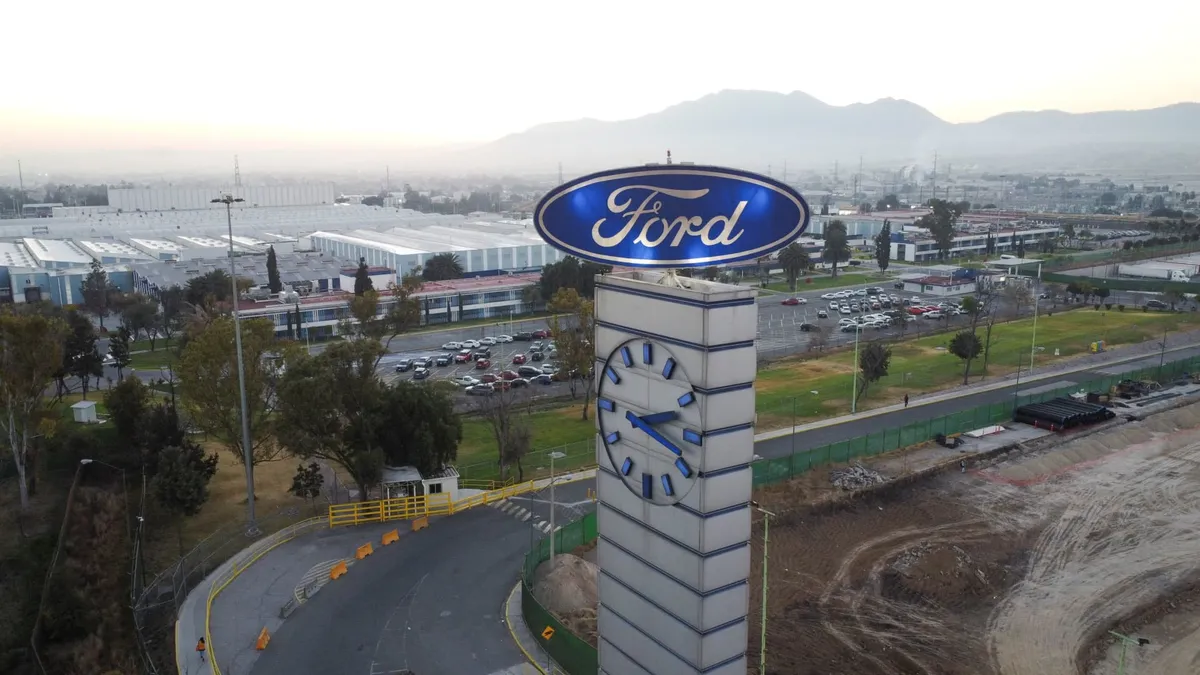
Starting May 2, Ford Motor Company will implement a price hike on three of its popular models produced in Mexico, making it one of the first major automakers to adjust sticker prices in response to former President Donald Trump's tariffs. The affected models include the Mustang Mach-E electric SUV, Maverick pickup, and Bronco Sport, with some models seeing price increases of up to $2,000.
This strategic decision by Ford comes shortly after the company revealed that the repercussions of Trump's trade war would result in an estimated $2.5 billion increase in overall costs by 2025. Additionally, Ford has suspended its annual earnings guidance, indicating further financial uncertainty. Likewise, rival General Motors (GM) has also reported that the tariffs will cost them billions of dollars due to the hefty levies imposed on foreign imports of automobiles.
A Ford spokesperson confirmed that the price hikes will apply to vehicles manufactured after May 2, which are expected to reach dealer lots by late June. The spokesperson clarified that these adjustments are part of the usual mid-year pricing actions, coupled with some of the tariffs the company is currently facing. Notably, Ford has stated that it has not passed on the full cost of these tariffs to its customers yet.
The implementation of Trump's tariffs has generated significant uncertainty within the automotive industry, leading major car manufacturers in both the United States and Europe to withdraw forecasts, alter production schedules, and even idle plants. This turbulent environment has prompted a range of reactions from various automakers, as they navigate the challenges posed by these tariffs.
After extensive pushback from the automobile sector, Trump softened the tariffs on foreign auto parts imports by allowing carmakers to receive credits for products manufactured in the United States, thus avoiding double-tariffs on essential raw materials used in automobile production. However, the White House has not yet rescinded the 25% tariff on the approximately 8 million vehicles imported annually into the United States.
Industry analysts have projected that if these tariffs remain in effect, U.S. auto sales could decline by over 1 million vehicles annually. This potential downturn underscores the significant impact that ongoing trade policies and tariffs can have on both consumer prices and overall market dynamics.